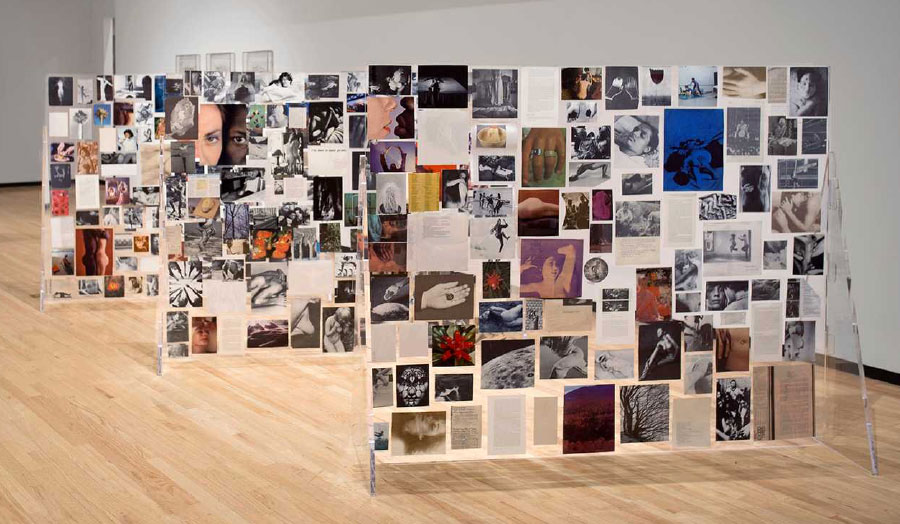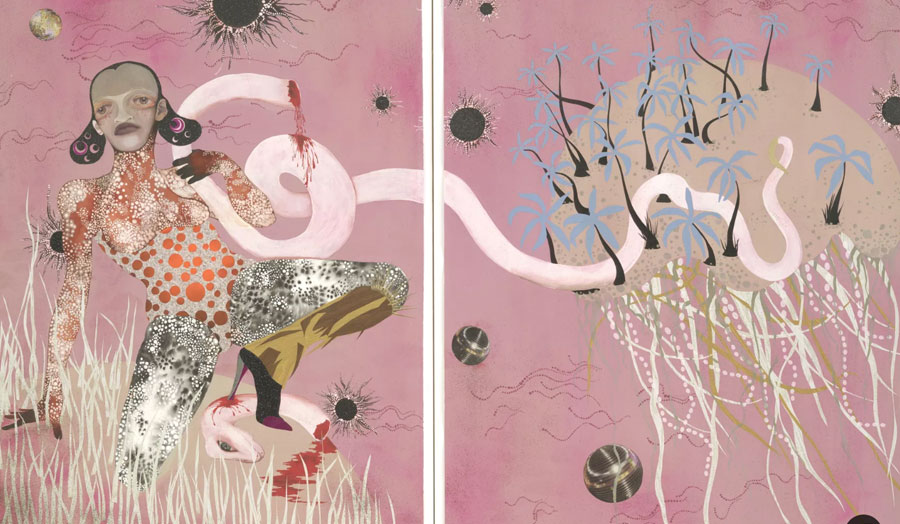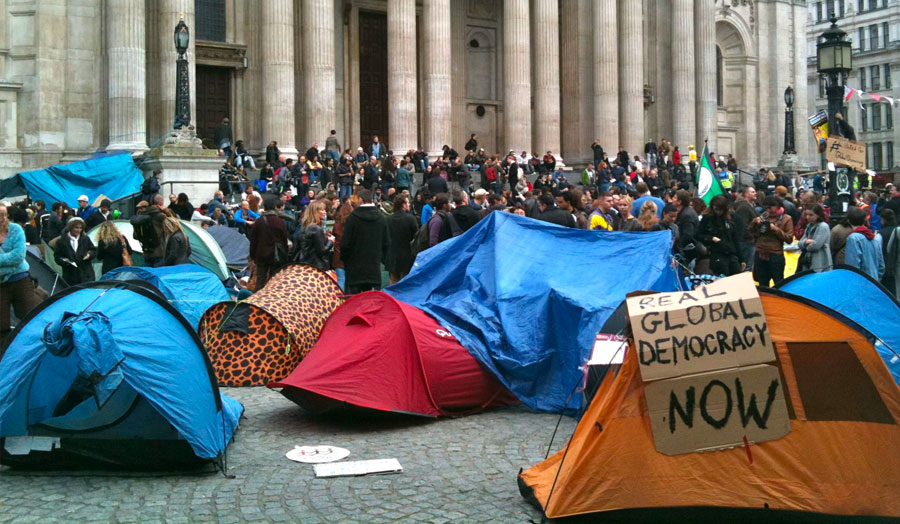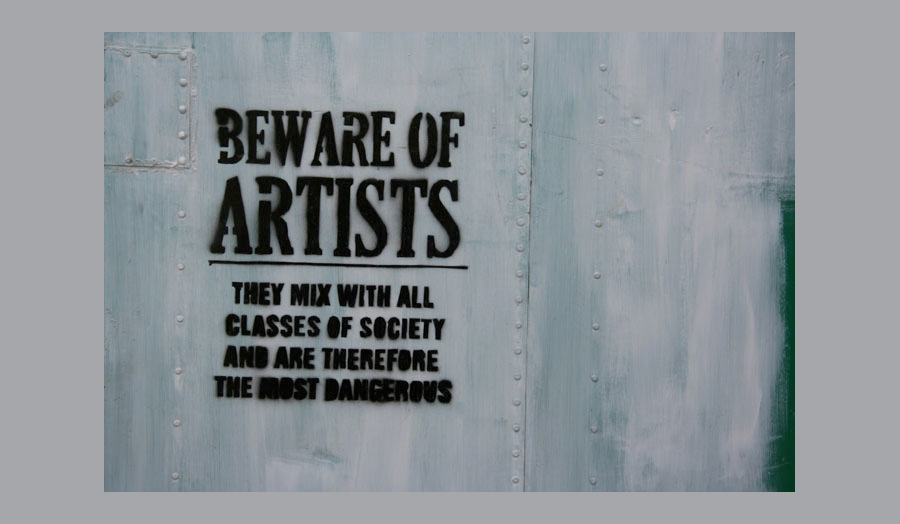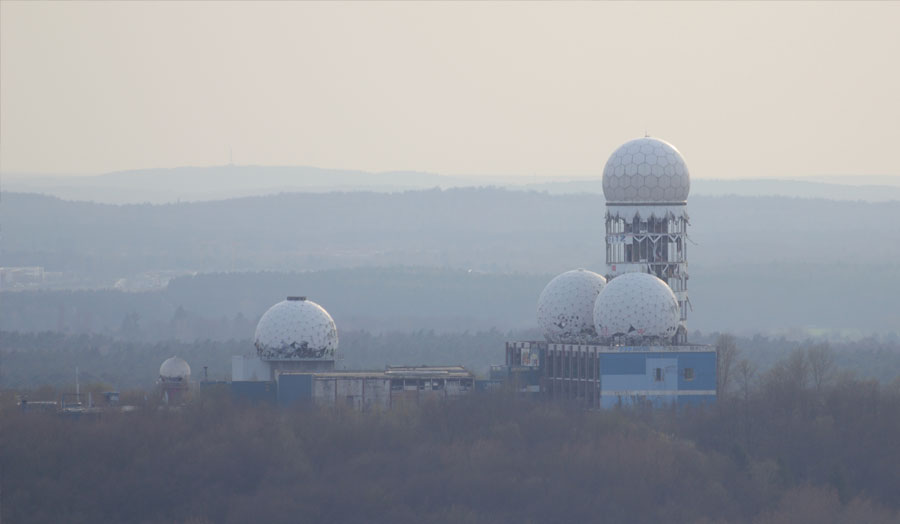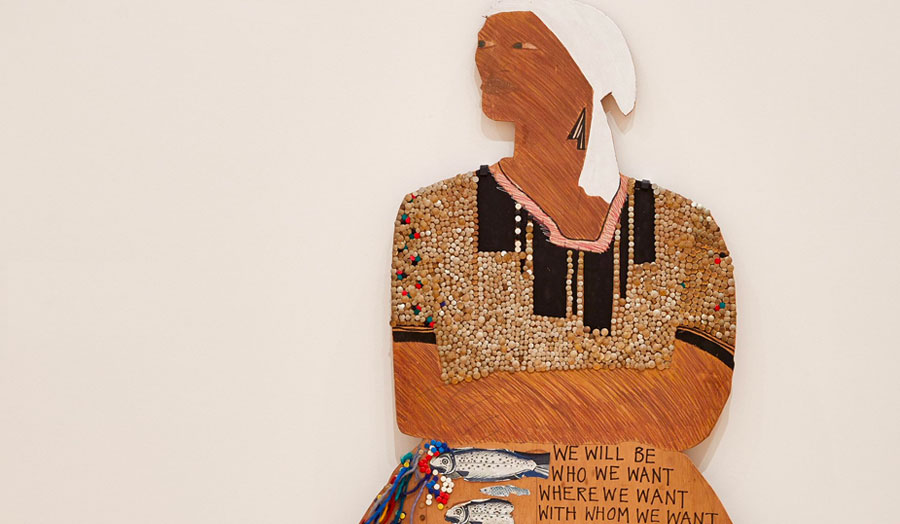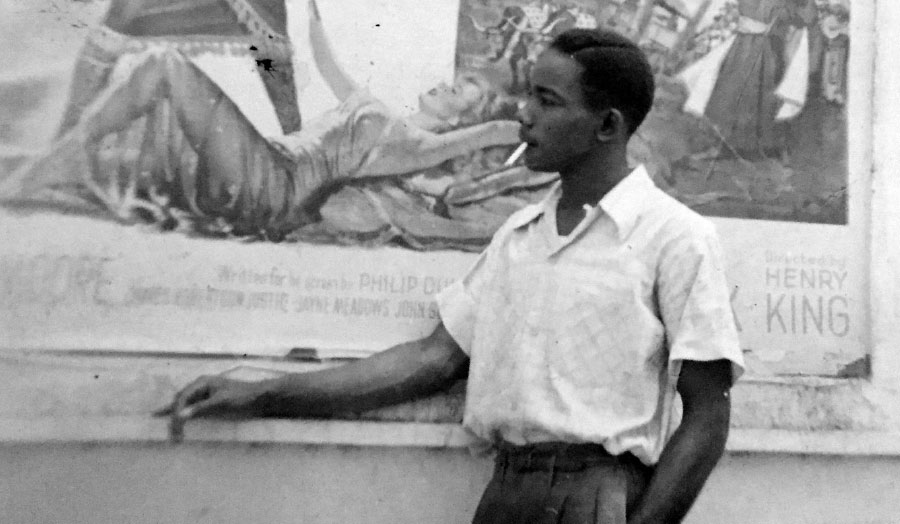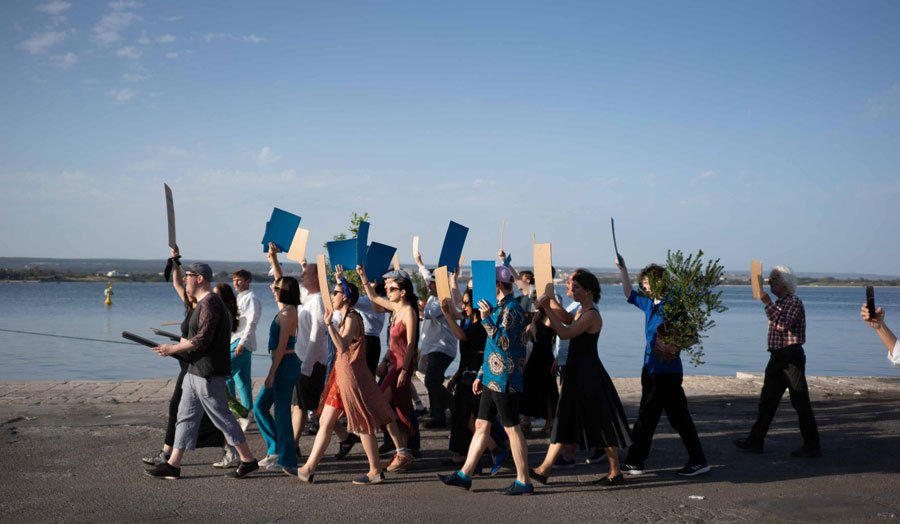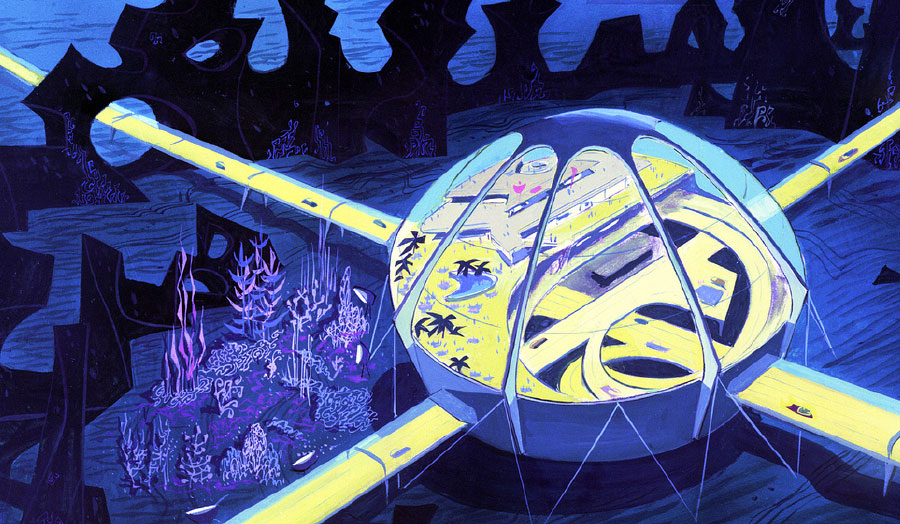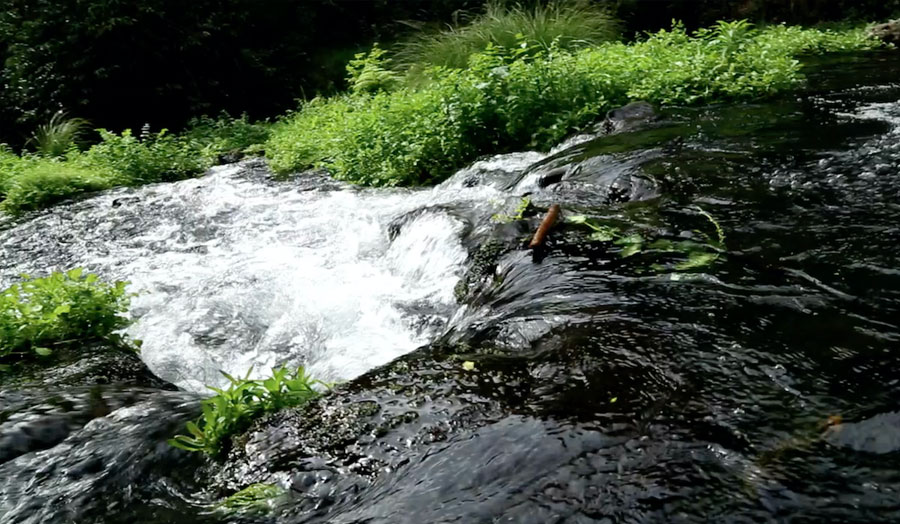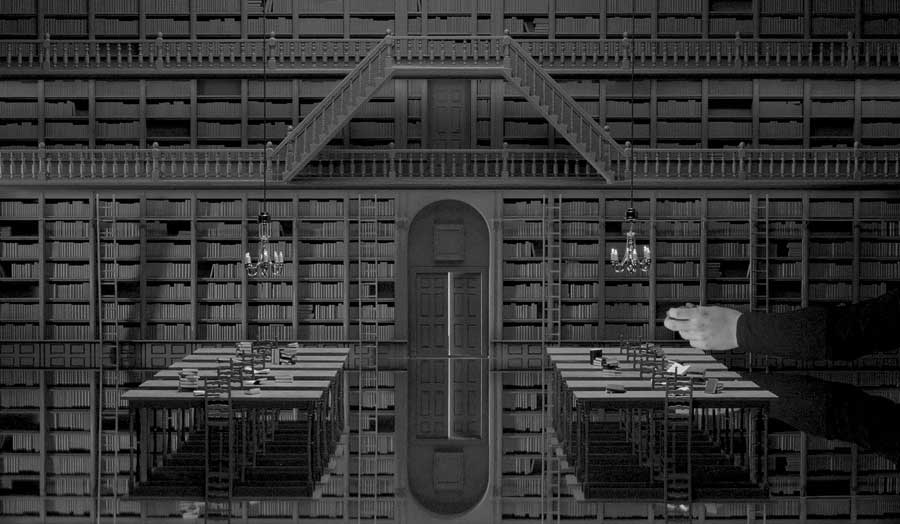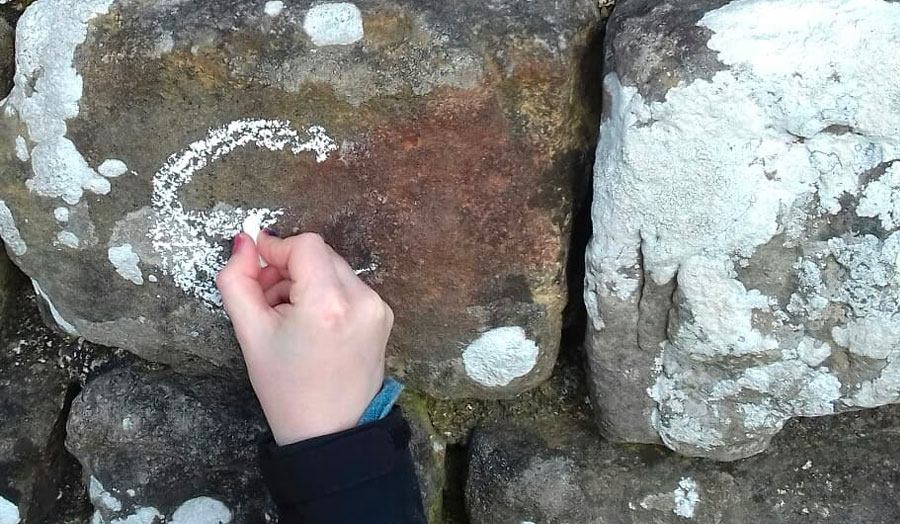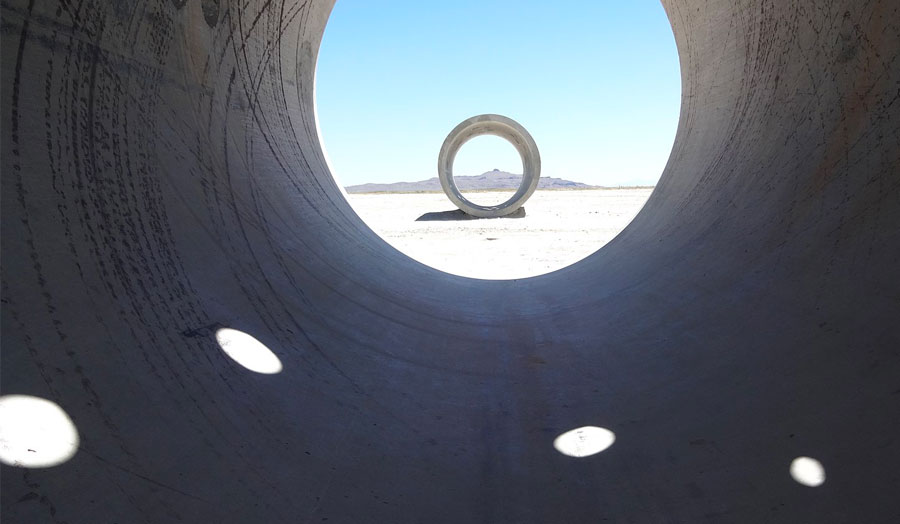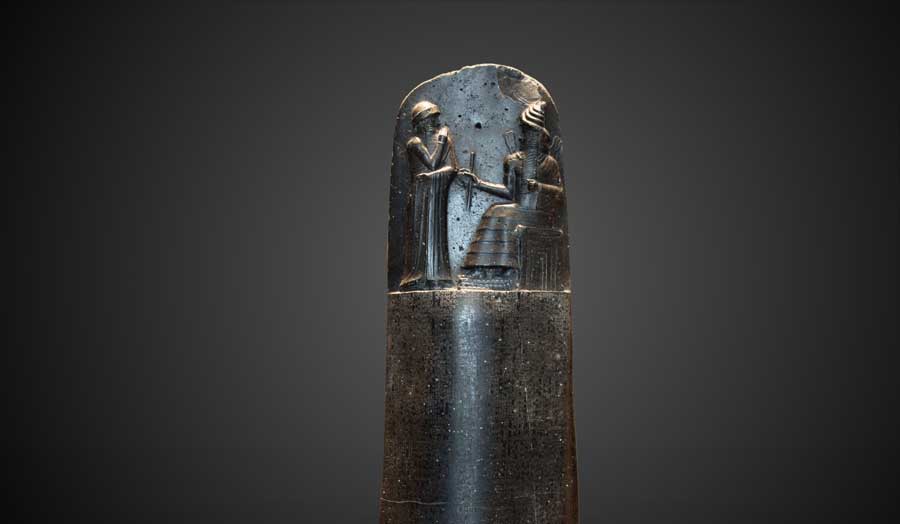Nicholas Temple
The popular expression “I can’t see the wood for the trees”, which means to be unable to understand a situation because you are too involved or enmeshed in it (in its details), at the expense of the bigger picture, offers a methodological framework for thinking about the idea of ecology. In response to this common problem, the studio will examine the relationship between the whole and its parts – their separateness and their inter-dependency – in creative thinking, and how this can assist our conceptualisation of ecology.
We use the idea of the forest as a metaphor of ecological thinking (with each tree forming part of a larger ecosystem) and how the process of ‘clearing’ the forest, to make way for human habitation and infrastructure, fundamentally alters our understanding of inter-relatedness in the world, the basis of all ecology. The aim of this dissertation group is to provoke discussion about the ’reality’ and the ‘myth’ of ecology; the ease with which one can theorise about it and at the same time the persistent challenges of enacting it as an everyday lived condition of human (and more-than-human) existence. Hence, the studio is designed for students who wish to have a more informed understanding of the meaning of ecology; its relevance today and the challenges and contradictions it brings to the environmental crisis which we face on a daily basis.
The module will be conducted initially as a series of short lectures followed by seminar discussions and readings of key texts, from which you will be asked to propose a topic in your creative area for a dissertation that responds critically in some way to the ecological debate. You will be exposed to some of the leading writers (philosophers, anthropologists and environmentalists) working in the field, and how the increasing urgency of the climate crisis is provoking a fundamental rethink about the role and meaning of human agency in the environment through areas as diverse as economics, biochemistry, art practice, architecture, astrophysics, anthropology and philosophy.
Studio bibliography
- Timothy Morton, Ecology without Nature (Harvard University Press, 2009)
- Timothy Morton, Dark Ecology: For a Logic of Future Coexistence (Columbia University Press, 2018)
- Timothy Morton, Hyperobjects: Philosophy and Ecology after the End of the World (University of Minnesota Press, 2013)
- Bruno Latour, Down to Earth: Politics in the New Climatic Regime (Polity, 2018)
- Bruno Latour, Facing Gaia: Eight Lectures on the New Climatic Regime (Polity, 2017)
- Philippe Descola, Beyond Nature and Culture (University of Chicago Press, 2014)
- Robert Pogue Harrison, Forests: Shadow of Civilisation (University of Chicago Press, 1993)
- Tim Ingold, Lines: A Brief History (Routledge, 2016)
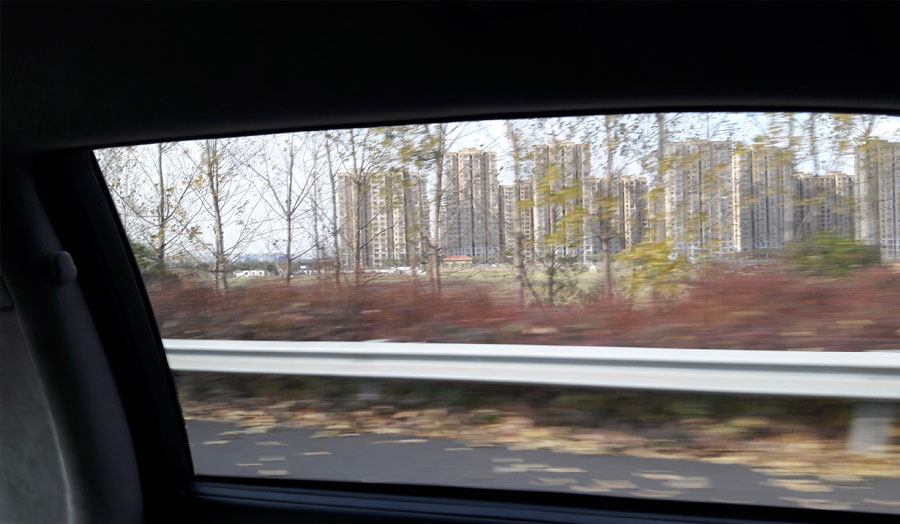
Details
| Tutor | Nicholas Temple |
|---|

